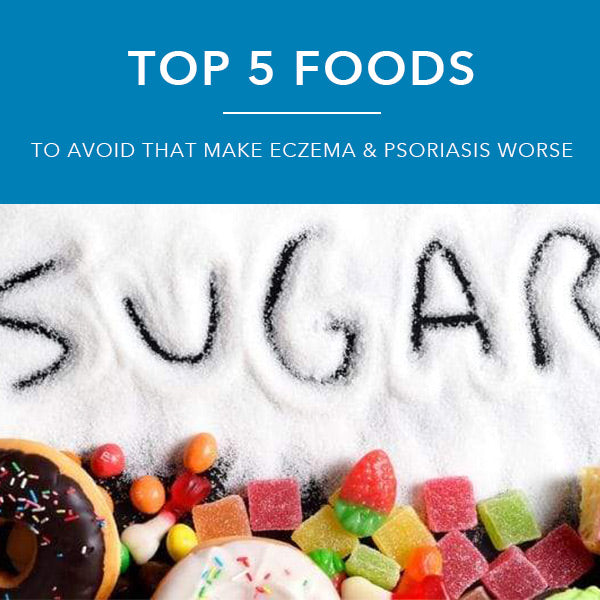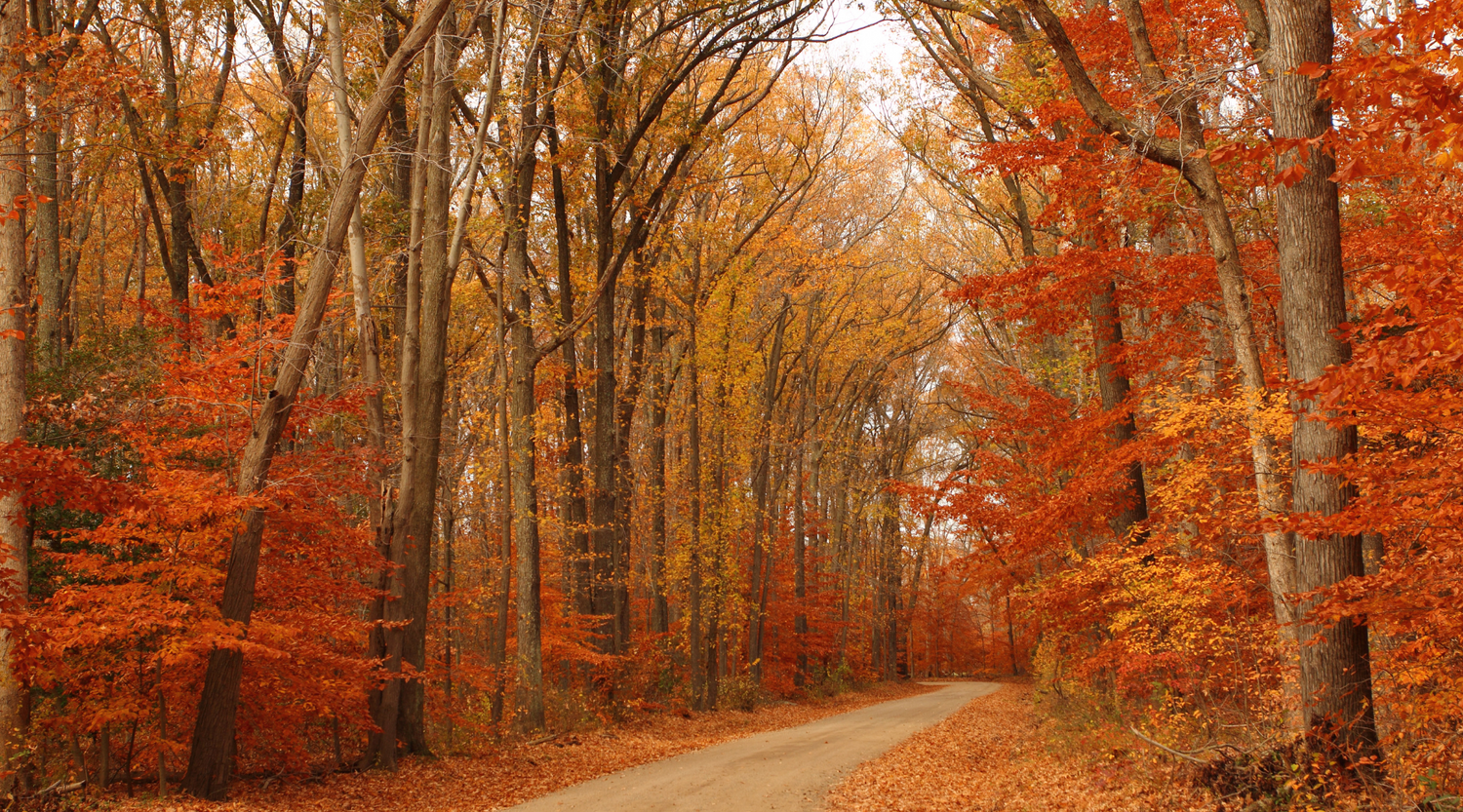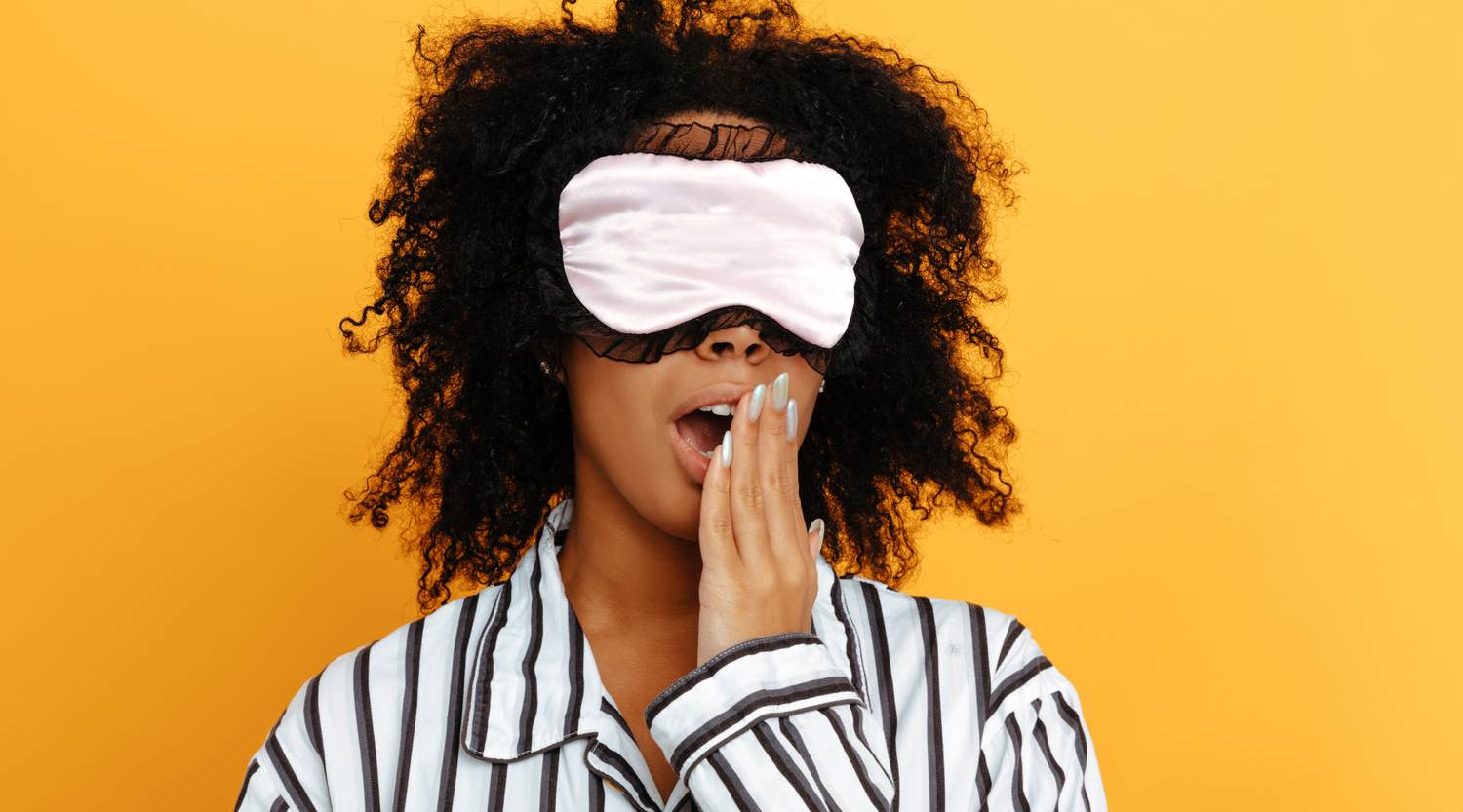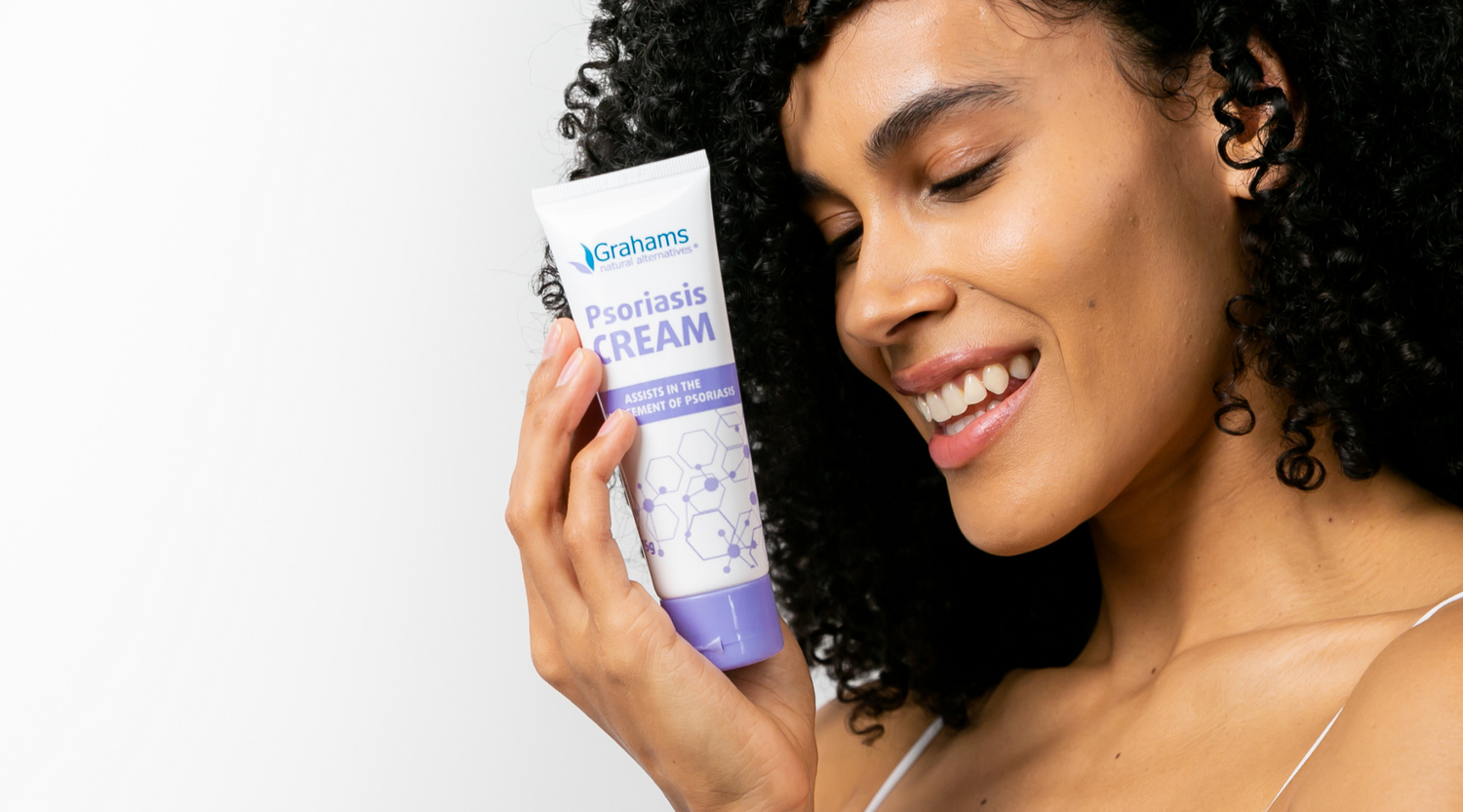1. GLUTEN:
Gluten is a protein found in wheat and other grains. It is what provides elasticity to bread and helps it rise. In modern day grocery stores, gluten can be found in virtually every packaged and processed food, like pasta, cereal, candy, sauces, soups and dressings to name a few. Unfortunately for fellow psoriasis suffers, around 25% of us are intolerant to it to some degree. While this may seem like a relatively low number, considering the difficulties present in testing for and diagnosing celiac disease as well other related forms of gluten sensitivity (which often require that a person consume gluten on a daily basis for several months in order to come close to being accurate), I estimate that there is still a lot we don’t know about this correlation.

Going gluten-free on the other hand is a relatively sure fire way to test your immune system in a hands on manner: if your symptoms slowly recede over the course of several weeks, then you can be fairly certain that your body is gluten intolerant. I personally have noticed that going gluten-free has resulted in my psoriasis clearing as well as a decrease in IBS-like symptoms that I was grappling with.
I can usually detect when something I have eaten has been contaminated with gluten, as I will usually experience unpleasant gastrointestinal issues (e.g. gas, bloating, stomach pain). If you have had similar problems with digestion and elimination, I wholeheartedly recommend avoid gluten for a trial period to see if any improvements occur.
One important thing to remember when going gluten free is that many gluten-free products are far more expensive and can actually be unhealthy for you. It is important to adopt a diet that is healthy overall, and that will compensate for the lack of iron and magnesium that will occur when dietary sources such as bread and other food items that contain gluten are removed.

2. DAIRY:
One of the more well-known inflammatory food groups is dairy, more specifically high-fat milk and cheese. I was surprised to find that a sizeable majority of the adult population have trouble digesting milk. It is also another contributing factor to IBS, which I have noticed is closely linked to eczema & psoriasis.
Dairy products such as milk, yoghurt, cheese, ice cream and chocolate contain casein, a protein that is particularly difficult for the digestive system to process, and lactose, a sugar which is hard to digest for people without a certain amount of lactase enzyme. Milk products may also increase the amount of inflammatory cytokines in the body, resulting in psoriasis to redden, flake and spread across the body. While high in protein and calcium, the risks and adverse effects of dairy consumption seem to outweigh the benefits.

Luckily, there are other sources of protein (such as nuts and seeds) that are far healthier for you, which I will address in greater detail in articles to come. I encourage you to try eliminating dairy (and gluten, while you’re at it) for a 6-8 week period. I know I am very happy that I did, as my psoriasis is far less inflamed and has since almost vanished entirely. You can read up on lactose intolerance here.
3. SUGAR
Whether refined or unrefined, brown or white, liquid or powdered, sugar is an insidious pro-inflammatory food. It provides no essential nutrients, it is high infructose (which can cause liver problems and obesity) and it can cause insulin resistance as well as diabetes and a compromised immune system.
“But it tastes soooooo good!” you might exclaim.

I know. Of all the foods on this list, sugar has been hands-down the hardest to consistently avoid. I am not going to lie: I think we all have cheated occasionally, but I am often reminded of why I choose not to consume sugar in any substantial quantity. When people eat sugar, they usually notice a rush of anxiety, excitement and energy, followed by a crash which is usually accompanied by mild depressive symptoms and significant loss of enthusiasm. Worse than this is the itchy break outs that usually follow from eating excessively sweet foods.
After dealing with the problem for a while, I finally found a viable solution that is tasty AND good for you. It’s called Stevia. If you haven’t heard of it, Stevia is a plant-based zero-calorie alternative sweetener that is up to 300 times sweeter than sugar. It is a viable solution for avoiding all of the negative health-implications of sugar while still indulging a sweet tooth. While the flavour is different and takes some getting used to, I really enjoy it’s unique taste and put it on everything from oatmeal to herbal teas. It may also reduces the risk of hypertension and diabetes. Stevia may just be the ideal alternative to the sugar epidemic. I suggest you do some more of your own reading on Stevia, this article makes some valid points!
4. NIGHTSHADE FOODS:
The reason behind this being that such foods contain alkaloids and lectins, two substances that can increase inflammation and hurt the intestines, especially for those who already suffer from an immune-mediated disease. While cutting out these plant foods may seem easy for some, it becomes far more difficult when faced with the lengthy list of meals that have to be scrapped or re-invented, such as pizza and pasta sauces, stir fries, dips and fried snacks. It may take several weeks for psoriasis symptoms to be relieved by abstaining from the previously mentioned foods, but your body and skin will thank you for all of your effort, patience and discipline.

5. ALCOHOL:
Ok, so this is a hard one, too. I don’t expect everyone to stop drinking cold turkey because of their eczema or psoriasis, and I think the responsible enjoyment of alcohol in moderation can be good for your social, psychological (and physical) health. I personally tried giving up alcohol for 3 months to see if my psoriasis would show any signs of improvement: it did, but other factors were at play, and even then it didn’t go away completely.

I find that I can have a glass or two of red wine without any serious repercussions, although sometimes the glasses get a little bit too big and my skin becomes more inflamed and red than usual. Red wine is also a terrific source ofresveratrol, a potent antioxidant, but only when consumed in small doses. While red wine is allegedly one of the more inflammatory alcohols, I can’t resist the occasional glass to appreciate life’s finer moments.
While beer and harder alcohol (e.g. Gin, Vodka etc.) are essential parts of many people’s lifestyle who suffer with psoriasis, I can only suggest moderation, as excessive amounts of alcohol will almost certainly exacerbate existing symptoms. As a final note, I would like to say that avoiding these 5 foods is not a sure-fire cure: there are still a lot of variables that must be taken into account. I can also say with tremendous confidence that most people who suffer from this debilitating condition will see tangible benefits from following these dietary guidelines. (I'm sure you're all aware, but here is some information on alcohol's effects on the body.)


Natural, Clinically proven and Effective relief for your skin issues can be found here.





